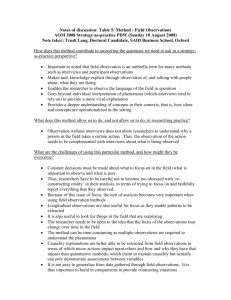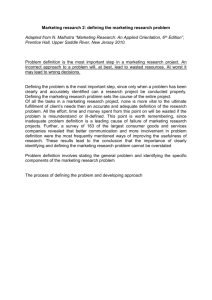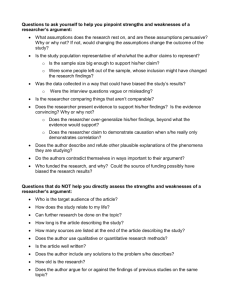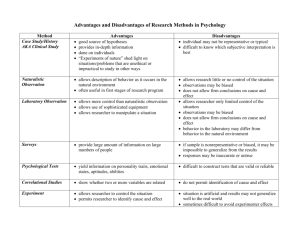THE FIELDWORK NOTEBOOK - Appalachian State University
advertisement
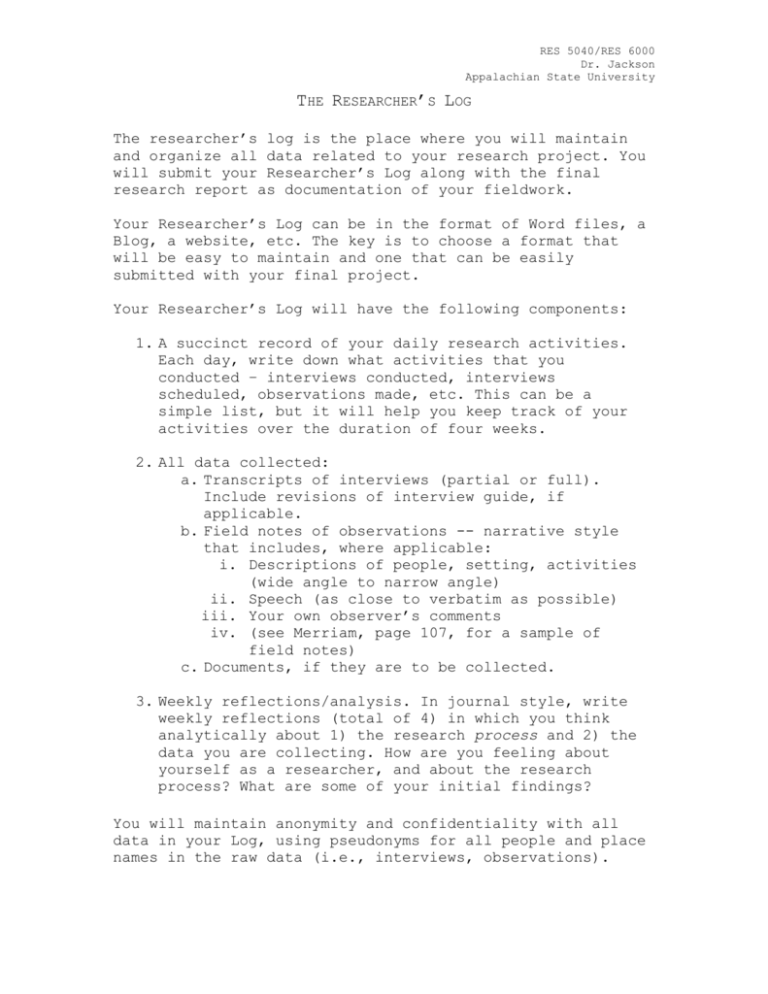
RES 5040/RES 6000 Dr. Jackson Appalachian State University THE RESEARCHER’S LOG The researcher’s log is the place where you will maintain and organize all data related to your research project. You will submit your Researcher’s Log along with the final research report as documentation of your fieldwork. Your Researcher’s Log can be in the format of Word files, a Blog, a website, etc. The key is to choose a format that will be easy to maintain and one that can be easily submitted with your final project. Your Researcher’s Log will have the following components: 1. A succinct record of your daily research activities. Each day, write down what activities that you conducted – interviews conducted, interviews scheduled, observations made, etc. This can be a simple list, but it will help you keep track of your activities over the duration of four weeks. 2. All data collected: a. Transcripts of interviews (partial or full). Include revisions of interview guide, if applicable. b. Field notes of observations -- narrative style that includes, where applicable: i. Descriptions of people, setting, activities (wide angle to narrow angle) ii. Speech (as close to verbatim as possible) iii. Your own observer’s comments iv. (see Merriam, page 107, for a sample of field notes) c. Documents, if they are to be collected. 3. Weekly reflections/analysis. In journal style, write weekly reflections (total of 4) in which you think analytically about 1) the research process and 2) the data you are collecting. How are you feeling about yourself as a researcher, and about the research process? What are some of your initial findings? You will maintain anonymity and confidentiality with all data in your Log, using pseudonyms for all people and place names in the raw data (i.e., interviews, observations).

